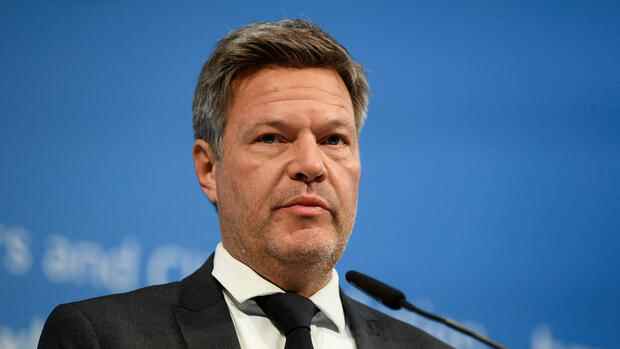With the reform of the Energy Security Act in the summer, the federal government created a toolbox that it can use flexibly: nationalization, trusteeship, gas levy – everything is possible and can also be combined quite freely. This even includes the possibility that the gas importers simply pass on their higher gas procurement costs to the customers.
The large number of instruments takes account of the fact that the situation is dynamic and that constant interventions and adjustments are required. What at first glance may seem like poor political craftsmanship is also due to the fact that politicians are largely operating in uncharted territory and are forced to experiment.
So now the federal government is resorting to nationalization in the Uniper case. At the moment this is the only practicable way to save Germany’s largest gas importer from collapsing. The government is tackling the root of the problem, taking on the role of savior with taxpayers’ money. That’s good.
How expensive the nationalization will ultimately be cannot be estimated. Nobody knows how the gas market will develop in the coming months. It is now the task of the state to avert enormous damage to companies and private households.
Top jobs of the day
Find the best jobs now and
be notified by email.
If Uniper were no longer able to perform its key function in the German gas market, the cascading effects would be incalculable and the damage to the entire economy would be immense. The fact that Federal Minister of Economics Robert Habeck still wants to stick to the gas levy may come as a surprise at first. But that is also understandable – the prerequisite, however, is that the allocation is redesigned.
The UniperCEO addressing the media after the decision to nationalize his company.
(Photo: Reuters)
Because the disadvantages of the gas surcharge are obvious. It is perceived as unfair because, for example, tenants have no influence on the way their apartment is heated, but are asked to pay if they heat with gas. In addition, the surcharge disproportionately burdens lower income groups, who already have to spend a relatively large part of their money on electricity and gas.
>> Read here: Gas is currently so expensive and could become so soon
At least as important: For some companies, the surcharge creates burdens that can threaten their existence. The program launched by the federal government to curb energy costs only partially compensates for this.
If the gas surcharge is to continue to exist, it must therefore be reformed once more. Otherwise, the federal government makes itself the accelerator of de-industrialization. After all, Habeck now wants to redesign the levy in such a way that gas companies that make big profits do not use the money.
The gas levy remains an imperfect instrument, but one that is justified, at least temporarily. Because the nationalization of Uniper is not enough. Two other giants are also in a difficult position: VNG and Sefe, formerly Gazprom Germania. VNG belongs to EnBW, Sefe is under state trusteeship. In particular, the trusteeship for Sefe does not seem as if it can be carried out forever. It shouldn’t come as a surprise to anyone if nationalization will soon be discussed here as well.
In any case, there are still a few months of transition in which the gas surcharge, assuming further corrections, can do more good than harm. The federal government will therefore have to act flexibly in the coming months. And it will have to add at least one tool to the toolbox: a certain basic consumption of gas must be made available to private households and companies on favorable terms. Those who save are rewarded. On the other hand, those who consume gas as in previous years pay extra.
More: Energy transition beyond all realities
